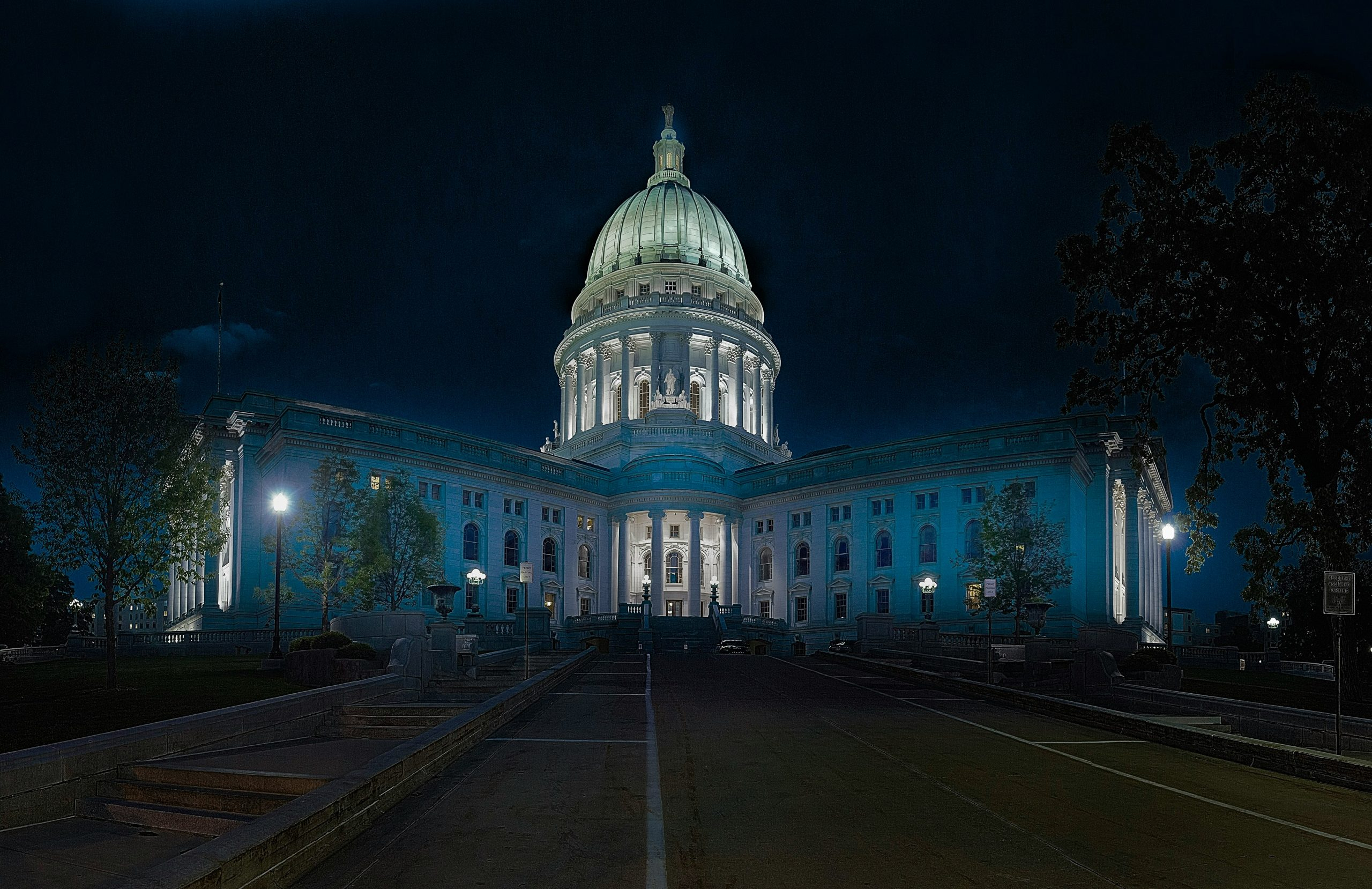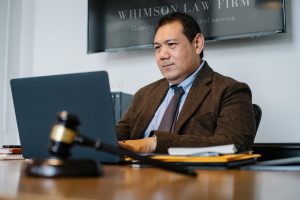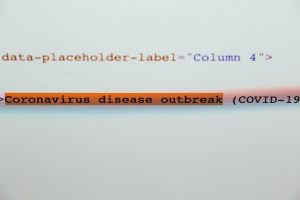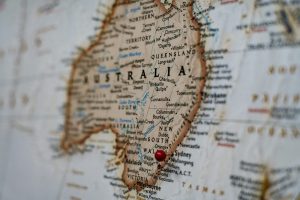The Intersection of Constitutional Law and Individual Rights
Constitutional law and individual rights are two integral pillars of the legal system that dictate the rights and freedoms of citizens in a country. Constitutional law refers to the body of law that outlines the government’s powers, the relationship between the different branches of government, and the rights of individuals in a society. Individual rights, on the other hand, pertain to the fundamental liberties and protections afforded to each person, regardless of their race, gender, or social class.
The Evolution of Constitutional Law
The concept of constitutional law has existed since the ancient Greek and Roman civilizations, where the idea of written laws to govern a society was first created. However, it was not until the 18th century that the United States Constitution was established as the supreme law of the land, giving citizens a set of fundamental rights and protections.
In the United States, the Bill of Rights, the first ten amendments to the Constitution, outlines the individual rights that government must protect and defend. These include freedom of speech, religion, and assembly, as well as the right to bear arms, a fair trial, and protection against unreasonable search and seizure. The Constitution and Bill of Rights serve as the foundation of individual rights in the US legal system, but these rights have evolved over time through the interpretation of the law by the judiciary.
The Role of the Judiciary
In any legal system, it is the responsibility of the judiciary to interpret and clarify the laws and their application. The US Supreme Court, the highest court in the land, is tasked with interpreting the Constitution and ensuring that the laws enacted by the government do not violate individual rights.
Over the years, many landmark cases have shaped the interpretation of the Constitution and further protected individual rights. For example, in 1896, the Supreme Court declared segregation as lawful in the Plessy v. Ferguson case. However, this ruling was overturned in 1954 in Brown v. Board of Education, which declared segregation in schools as unconstitutional and a violation of the 14th amendment’s equal protection clause.
Similarly, the landmark case of Roe v. Wade in 1973 established a woman’s right to choose whether to have an abortion, based on the right to privacy protected by the Constitution. These cases and many others have continually refined the interpretation of the Constitution and strengthened individual rights in the United States.
The Intersection of Constitutional Law and Individual Rights
As individual rights have evolved and expanded over time, so has the intersection of constitutional law and these rights. The judiciary’s role in interpreting and balancing these rights with the government’s powers has become increasingly crucial in ensuring the protection of individual rights.
For example, in recent years, there has been much debate about the balance between individual privacy rights and national security concerns. The controversial National Security Agency (NSA) surveillance program, which collected telephone metadata from US citizens, was found to be in violation of the Fourth Amendment’s protection against unreasonable searches and seizures by the Supreme Court in 2013. This ruling emphasizes the importance of the judiciary in safeguarding individual rights while also allowing the government to fulfill its duties.
The Future of Constitutional Law and Individual Rights
As society continues to evolve, so will the interpretation and application of constitutional law and individual rights. Emerging issues such as technological advancements, climate change, and social justice will continue to shape the legal landscape, posing new challenges and opportunities for the judiciary to navigate.
In conclusion, the intersection of constitutional law and individual rights is a constantly evolving and essential component of the legal system. By striking a balance between the government’s powers and individual rights, the judiciary plays a crucial role in maintaining the delicate fabric of a just and democratic society.










